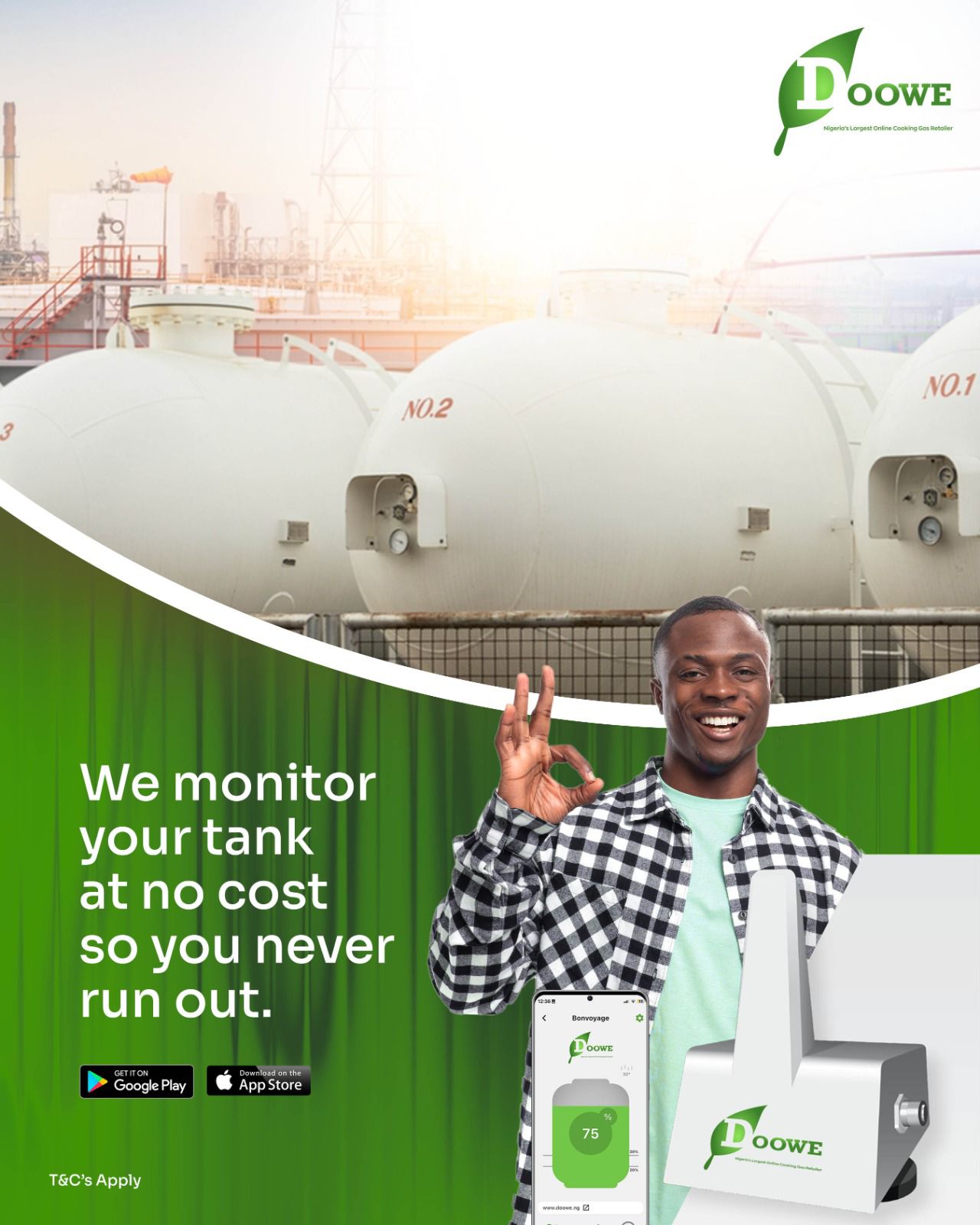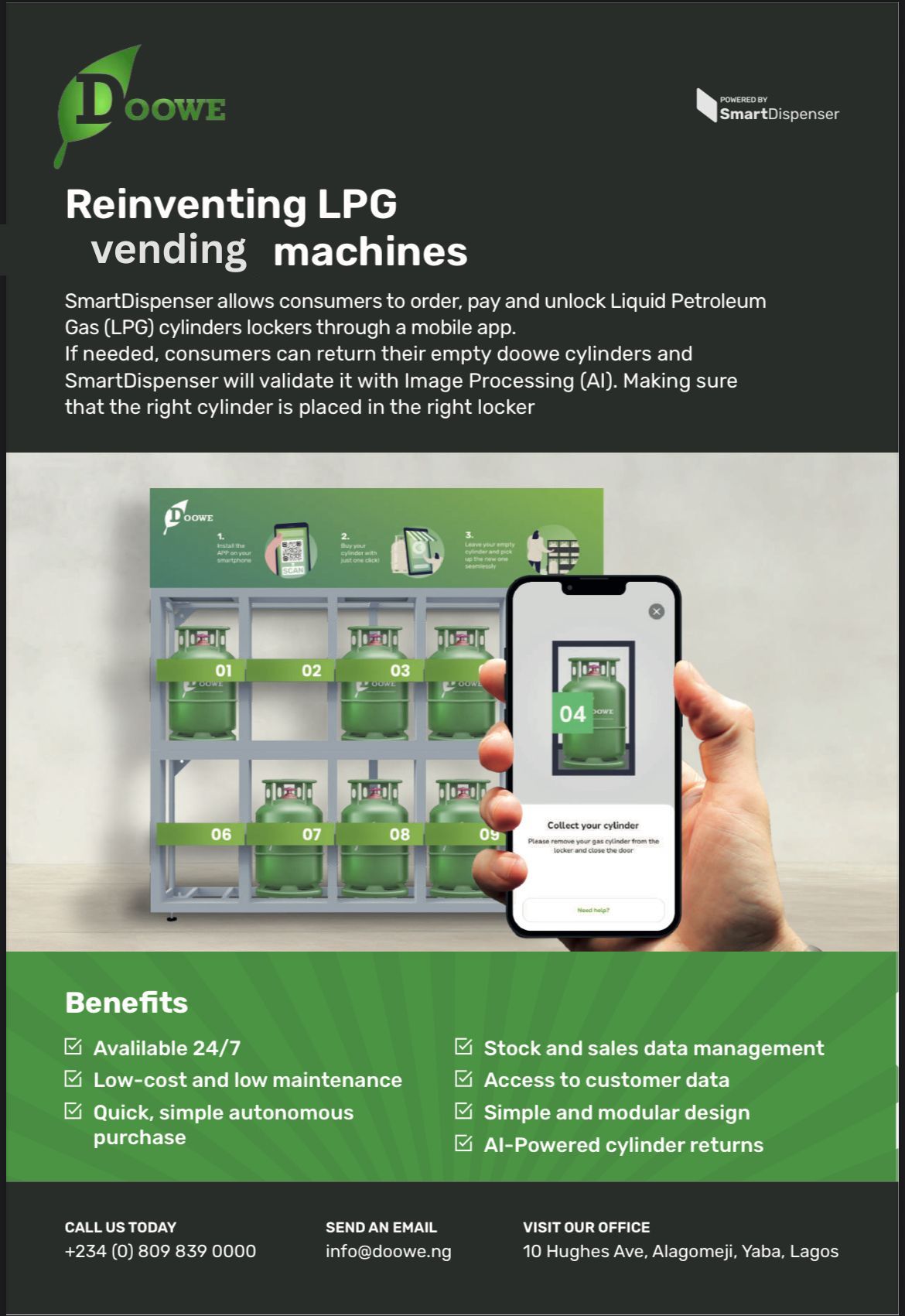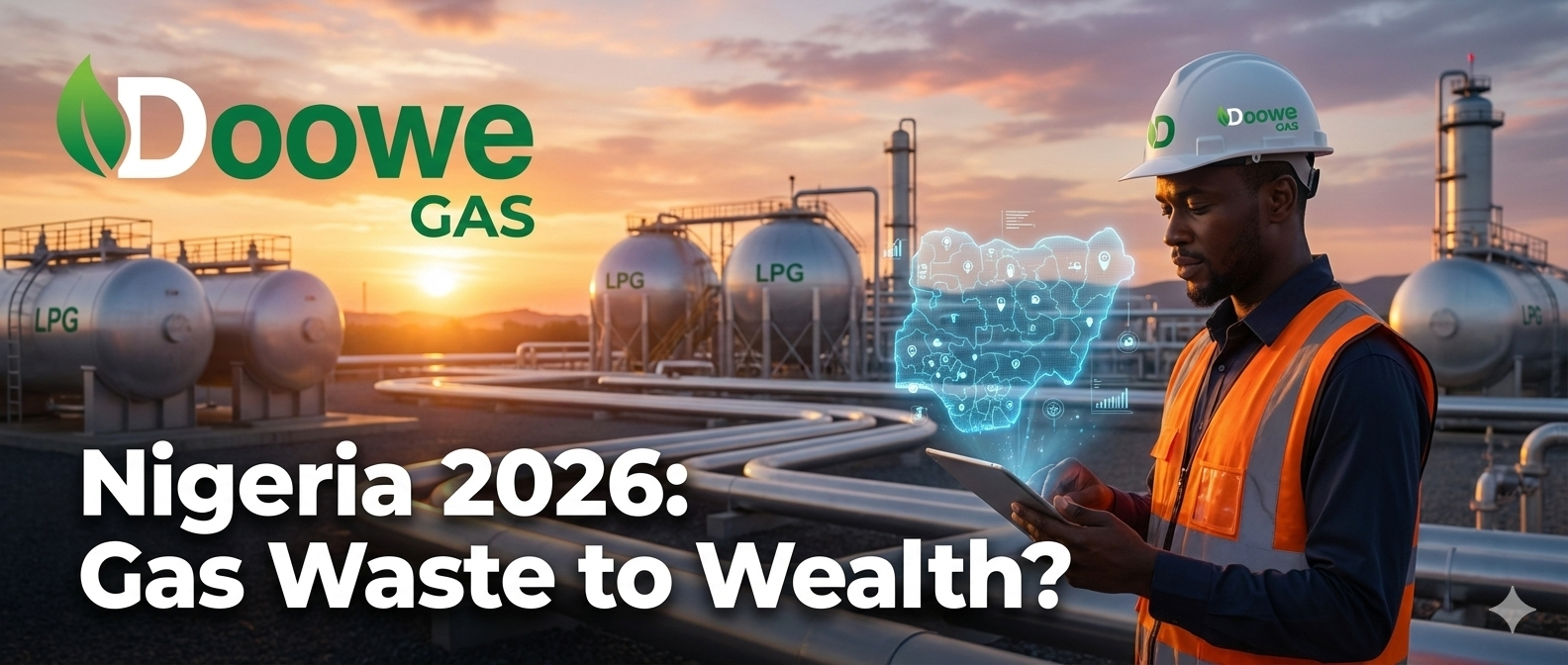The Nigerian Upstream Petroleum Regulatory Commission (NUPRC) has explained that the ongoing implementation of the petroleum industry Act has created strong governance structure, creating improved participation of local operators in Nigeria’s Petroleum industry.
Gbenga Komolafe, Commission Chief Executive of NUPRC stated this at the 2025 International Conference on Hydrocarbon Science and Technology, organised by Petroleum Training Institute in Abuja on Wednesday.
According to him, across flare sites in Nigeria, gas that was consistently flared is now being positioned for full utilisation to power homes, drive small industries, and provide clean cooking energy for millions.
He reiterated the Commission’s commitment to ensuring that Nigeria achieve complete end to gas flaring by 2030.
“Through the Nigerian Upstream Petroleum Regulatory Commission’s flare gas commercialisation initiatives, the nation is making steady progress toward the Federal Government’s goal of achieving complete flare-out by 2030,” he added.
He complained that Africa, despite holding over 125 billion barrels of proven oil reserves and more than 620 trillion cubic feet of gas, have more than 600 million people lacking access to electricity due to poor goverance.
Komolafe who was represented by Kelechi Ofoegbu, Executive Commissioner, corporate Services & Administration at the NUPRC, however noted that Nigeria, under the Tinubu-led administration, has charted a renewed national vision of governance built on trust, transparency and stewardship through the enactment of the Petroleum Industry Act in 2021.
“The PIA is more than a legislation; it is Nigeria’s energy governance reform. It established a modern, transparent, and globally competitive framework that enshrines openness, efficiency, and fairness in the management of petroleum resources.
“This commitment to transparency has also rewritten another chapter of our national story: the rise of indigenous participation in the oil and gas sector. Today, local operators account for over 30 percent of national ail output. They are building infrastructure, building and managing terminals, and creating jobs across our economy.
“This transformation did not happen by chance. It was made possible by a level playing field: transparent licensing, access to data, fair fiscal frameworks, and regulatory consistency, all anchored in governance,” he said.
Also speaking at the conference, Felix Ogbe, Executive Secretary, Nigerian Content Development and Monitoring Board said that transparent, accountable and predictable governance systems are essential for unlocking investments and ensuring that resource wealth translates into development outcomes.
He noted that Nigeria has also undertaken key reforms through the
PIA, providing a clearer governance framework and fiscal regime that balances investor confidence with national aspirations.
“One of the most powerful tools for balancing growth, environment and governance is Local Content Development. Nigeria’s experience offers important lessons. Since the enactment of the Nigerian Oil and Gas Industry Content Development (NOGICD) Act in 2010, the country has made remarkable progress in retaining value in-country.
“In-country fabrication capacity has grown significantly, with major yards delivering complex offshore structures that were previously imported. Indigenous companies now own and operate a significant share of onshore and shallow water assets.
“Over 50,000 direct jobs have been created through local content interventions. Nigeria has moved from less than 5 percent local content in 2010 to over 54 percent today in certain segments of the industry.”
This deliberate strategy, according to the executive secretary has ensured that oil and gas activities stimulate domestic manufacturing, skills development, technology transfer, and growth of small businesses
Minister of State for Petroleum Resources (Oil), Senator Heineken Lokpobiri, has reaffirmed the Federal Government’s commitment to deepening investment in Nigeria’s oil and gas sector, with strong emphasis on energy mix that guarantees energy security for the country.
Lokpobiri, said the world is rethinking its approach to energy transition and returning focus to hydrocarbon development as a means of ensuring global energy security.
Speaking at the opening ceremony of the ongoing OTL Africa Downstream Energy Week in Lagos, the Minister said recent reports by the United Nations underscore the urgent need for renewed global investment in the oil and gas industry to meet growing population and energy demands.
According to him, the UN projects that the world needs to invest about $540 billion annually in oil and gas recovery and associated infrastructure to guarantee stable energy supply.
“The world has come to realise that energy transition cannot happen in a vacuum. Even as we pursue cleaner sources, the global economy still runs on oil and gas. Without substantial investment in these resources, there will be no financial capacity to fund the energy mix we all desire,” Lokpobiri stated.
He noted that while discussions around climate change and net-zero commitments remain important, the realities of global energy consumption and population growth have made it clear that hydrocarbons will continue to play a central role in the foreseeable future.
“Africa, with its population now exceeding 1.4 billion people, cannot afford to ignore investment in oil and gas. Expanding exploration, production, and refining capacity is crucial not only for self-sufficiency but also for economic stability across the continent,” he said.
The minister observed that Nigeria’s downstream sector is gradually stabilising following the removal of fuel subsidy and the liberalisation of petroleum product pricing, describing the development as a bold and necessary step to attract private sector investment.
“Subsidy was not sustainable. It discouraged private investment and placed a heavy financial burden on the government. What we are seeing now is a more competitive environment that encourages efficiency, accessibility, and availability of petroleum products,” he explained.
Lokpobiri commended President Bola Ahmed Tinubu for taking decisive policy actions that have repositioned the downstream sector for long-term growth.
“It takes a courageous leader to make decisions that may be unpopular today but are necessary for the country’s future stability. What we are experiencing now is the outcome of such bold leadership,” he said.
He added that ongoing reforms in the oil and gas industry are geared toward ensuring energy security, encouraging domestic refining, and fostering private sector participation across the value chain.
The minister also called on stakeholders in the downstream sector to align with the government’s policy direction and contribute to building a more sustainable and diversified energy future.
“We are no longer just talking about transition; we are talking about an energy mix that guarantees energy security for Africa. Every stakeholder must align with this vision to create the Africa we want,” Lokpobiri emphasised.
The OTL Africa Downstream Energy Week, now in its 19th edition, serves as a premier platform for policy dialogue, industry networking, and investment promotion across Africa’s downstream petroleum value chain.
Doowe – Powering Innovation. Energizing Africa.
👋 DooweGas is on a mission to ignite the future of energy, and we want YOU to be a part of it! Our YouTube channel is the place for in-depth analysis, expert interviews, and the latest breakthroughs for professionals, investors, and policymakers in the energy sector.
Why Subscribe NOW?
Exclusive Content: Get cutting-edge insights you won’t find anywhere else.
Expert Analysis: Understand the “why” and “how” behind the biggest energy stories.
Community: Join a growing network of passionate energy professionals.
Be a Pioneer: Help us build the ultimate resource for African energy intelligence!
✅ Discover innovative LPG solutions
✅ Learn how we’re powering homes & businesses sustainably
✅ Connect directly with our team
👉 Don’t miss this chance to experience the future of energy with Doowe Gas!
✨ Limited-Time Exclusive Offer for Our Next 900 Subscribers! ✨
To celebrate our journey to 1000, the next 900 people who subscribe to our channel will receive an exclusive, in-depth access to our research from DooweGas on “The Future of LPG in West Africa: Opportunities & Challenges,” absolutely FREE! This is invaluable for anyone in the energy space.
Join The DooweGas Mentorship Access By Doowe investment limited
Annual Access – DooweGas Mentorship WhatsApp Group
Unlock premium, year-round access to our exclusive community of serious gaspreneurs and experts.
What You Get:
Business insights from seasoned operators
Live Monthly Sessions: With industry leaders and DooweGas experts
Sales Strategies: Learn how to scale bulk sales, B2B, and cylinder tracking
Business Support: Ask questions, get feedback, and learn from real gaspreneurs
Group Referrals: Connect with reliable vendors, customers, and suppliers
Private Group Access: 24/7 interaction and guidance from mentors and alumni
How To Join And Take Advantage Of This Opportunity: Click: https://shorturl.at/vRq7w
Don’t miss out on this incredible opportunity to deepen your knowledge and get a valuable resource straight from Nigeria’s leading LPG retail company!
Join Our Gas Whatsapp Page
Send your number to : WhatsApp number : +2348134708634 to join and be a part of our energy journey.
Join the conversation on youtube. Get informed. Get empowered. Subscribe today!
➡️ Click here to subscribe and claim your FREE access: https://www.youtube.com/@doowegas/
Source : http://orientalnewsng.com/





